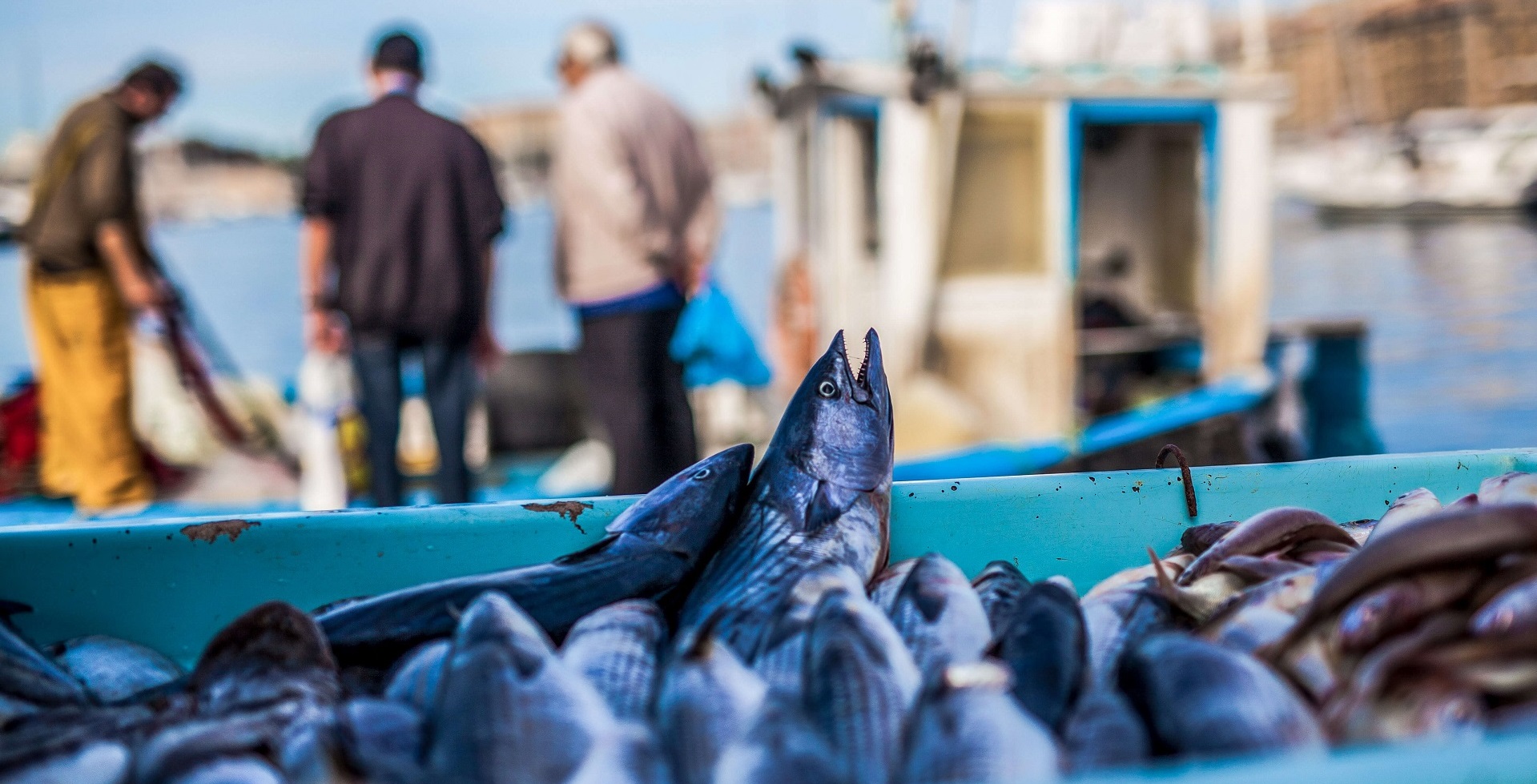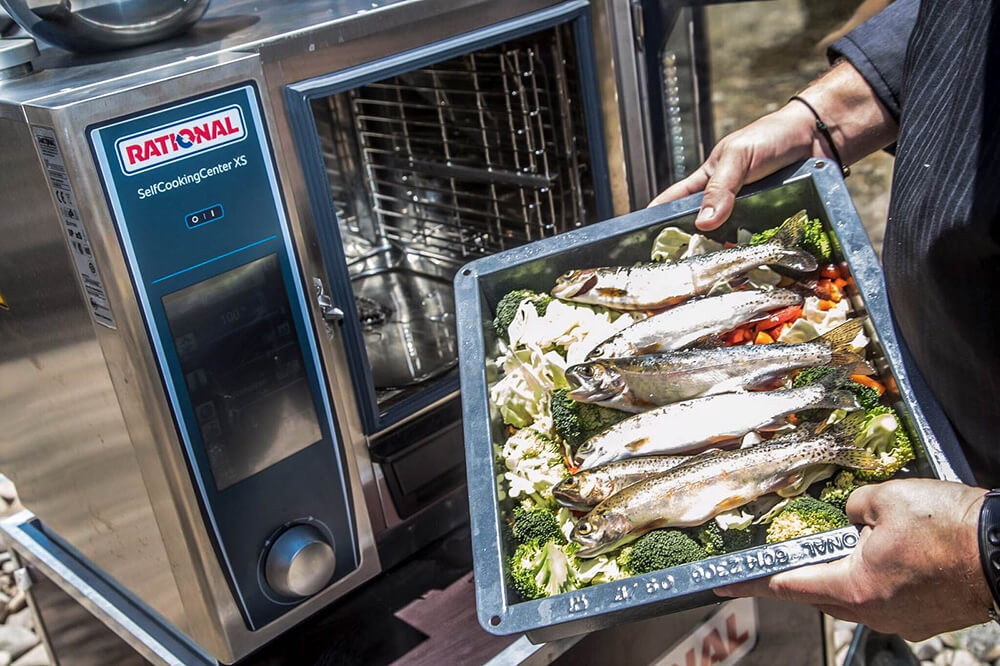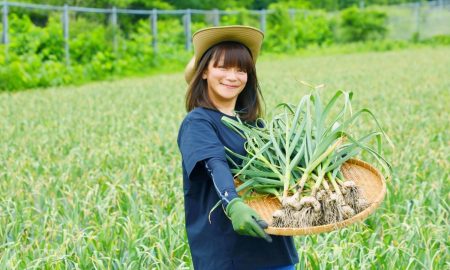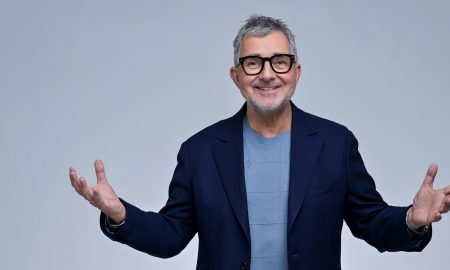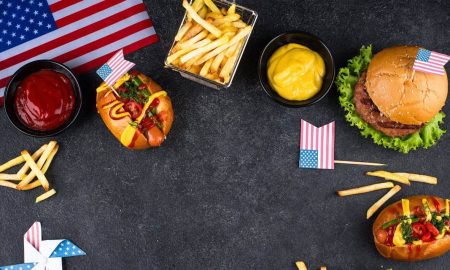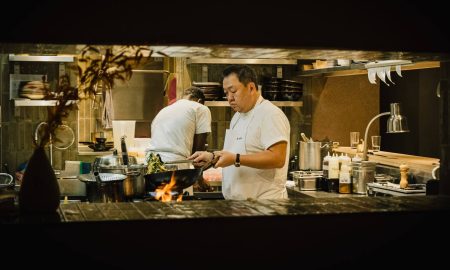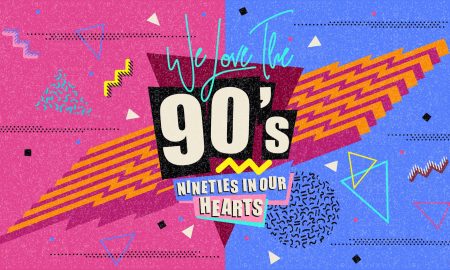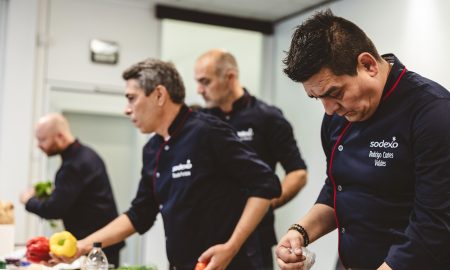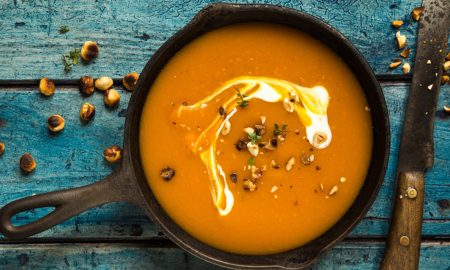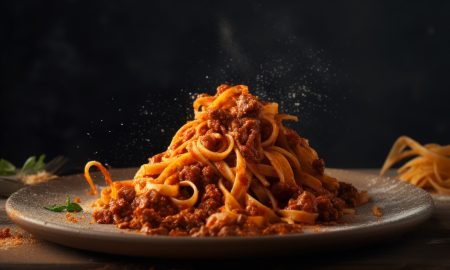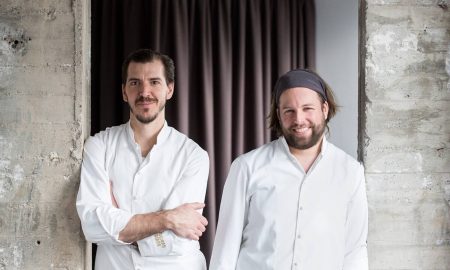In an ever-growing, hungry world could our oceans be the answer to feeding us in the future? The Global Panel on Agriculture and Food Systems for Nutrition (GLOPAN) has published a new policy brief calling on food industry policymakers worldwide to focus on aquaculture for sustainable, healthy nutrition.
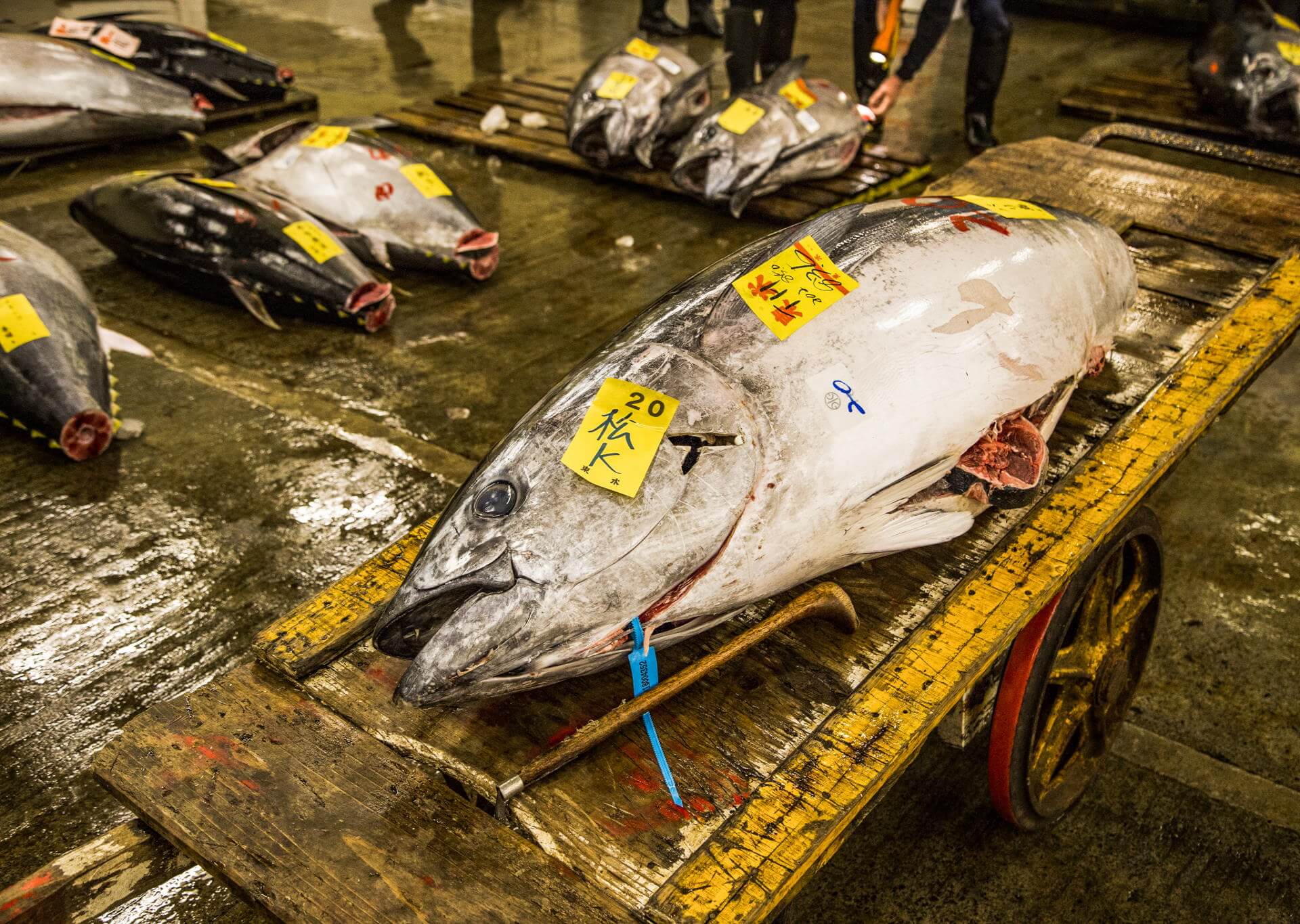
Image: adobestock.com , naoko
Fish and other aquatic foods are among the most traded food commodities globally. The fastest growing agricultural sub-sector, its global production is projected to reach 105 million tons per year by 2029. “Aquaculture has a clear role to play in supporting the challenge of providing healthy diets which are produced more sustainably, particularly in low- and middle-income countries. However, it is often overlooked in the global discourse on food system transformation,” said GLOPAN’s chair, Sir John Beddington.
WorldFish, an international, non-profit institution that creates, advances, and translates aquatic food systems science into scalable solutions contributed research for the policy brief. Its director general Dr Gareth Johnstone said: “Aquatic foods offer a critical solution for the two billion people worldwide who suffer the triple burden of malnutrition, with women and children poised to benefit most.
“As we move toward the 2021 UN Food Systems Summit this year, evidence-based recommendations must guide policy development to ensure aquatic foods are an essential part of a food systems transformation for healthy people and planet. Sustainable aquaculture – as an important component of aquatic food systems – is critical to meeting shared national and global aspirations for establishing healthy, nutritious, sustainable, and inclusive food systems capable of achieving the Sustainable Development Goals by 2030.”
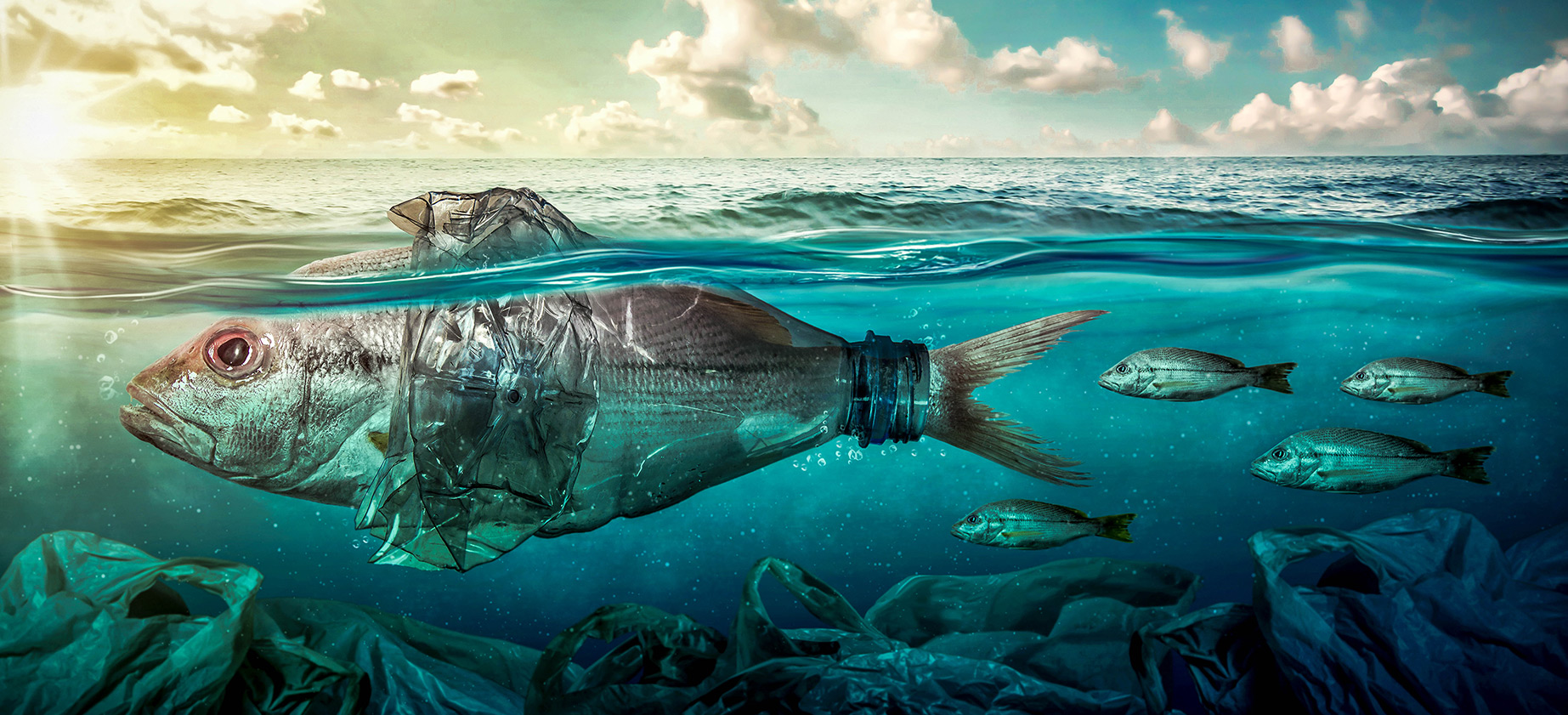
Image: Chaiyapruek – stock.adobe.com
Safeguarding stocks
At a time when we are all made aware of the importance of safeguarding fish stocks from over fishing, the brief demonstrates how aquaculture can accelerate economic growth, provide employment opportunities, improve food security, and deliver an environmentally sustainable source of good nutrition for millions of people. With sustainable management, aquaculture could viably support capture fisheries alongside more sustainable practices and help reduce our reliance on terrestrial protein sources.
In February the Canadian government announced it was spending $7m on satellite technology to track down dark vessels. These are ships that switch off their location transmitting devices, sometimes in an attempt to evade monitoring, control and surveillance. Internationally, illegal, unreported and unregulated (IUU) fishing contributes hugely to the decline of fish stocks and marine habitat destruction. This inevitably has an impact on the livelihoods of legitimate fish harvesters.
The program will provide state-of-the-art satellite data and analysis to coastal states worldwide where IUU fishing has a major impact on local economies, food security and the health of fish stocks.
Transparency is key
Thai Union, one of the world’s largest seafood companies with brands including Chicken of the Sea, John West, Petit Navire, Parmentier, Mareblu, King Oscar, and Rügen Fisch, has joined up with The Nature Conservancy – a leading global conservation organization – to ensure full supply chain transparency in its global tuna fisheries. This step demonstrates the company’s commitment to eradicating IUU malpractices, which have serious repercussions for everything from overfishing of dwindling tuna stocks, to unsustainable levels of bycatch of at-risk sea life like sharks and sea turtles. The lack of adequate monitoring also contributes to hundreds of millions of dollars in lost revenues for local fishing communities and national governments alike.
Due to the continuing suspension of at-sea monitoring happening globally, due to Covid-19, this commitment is more significant and timely than ever. Not only has fishing continued during the pandemic (a recent study estimated that Covid-19 has reduced fishing efforts by just 4%), the pandemic has in fact sparked a surge in the purchase of canned tuna all over the world.
“Thai Union has made significant strides in making sustainability a key attribute of our company, from the creation of our global sustainability strategy, SeaChange® (an integrated plan of initiatives to drive meaningful improvements across the entire global seafood industry) to partnering with leading organisations like The Nature Conservancy,” said Thiraphong Chansiri, president & CEO of Thai Union.
“We understand that change does not happen in a vacuum, it is through collaboration and partnership that we shape the future. Change takes more than a wish and well-crafted words, those that are in a leadership position must define the path forward through actions and results. I look forward to the sustainable future Thai Union and TNC can help create through increased electronic monitoring and transparency throughout the seafood industry.” John Reed FCSI Associate and management advisory services (MAS) foodservice consultant in the US considers sustainability of the supply of seafood is important to operators and consumers all over the world. “Sustainability is only one part of that process and purchasing consideration in the supply chain,” he says. “Seafood traceability has been a major focus for many years, and it has been challenging to define a true system due to the nature of commodity, an untamed natural species. Fish farming, whether at sea or land-locked systems is still an engineered product based on mechanical and bio-chemical systems. Ultimately it will be up to the consumer to decide if they are more concerned about making a difference to the environment by stopping illegal fishing practices or ignoring them and choosing a mass-produced commodity. The GLOPLAN briefing document is a clarion call to all decision-makers to think long-term and sustainably about fisheries policy. Whether it is ensuring that diners in high-end restaurants continue to enjoy the riches of the sea in or enabling poorer communities in coastal areas to earn a decent living now and in the future, consideration and care of the aquaculture system is of vital importance.


